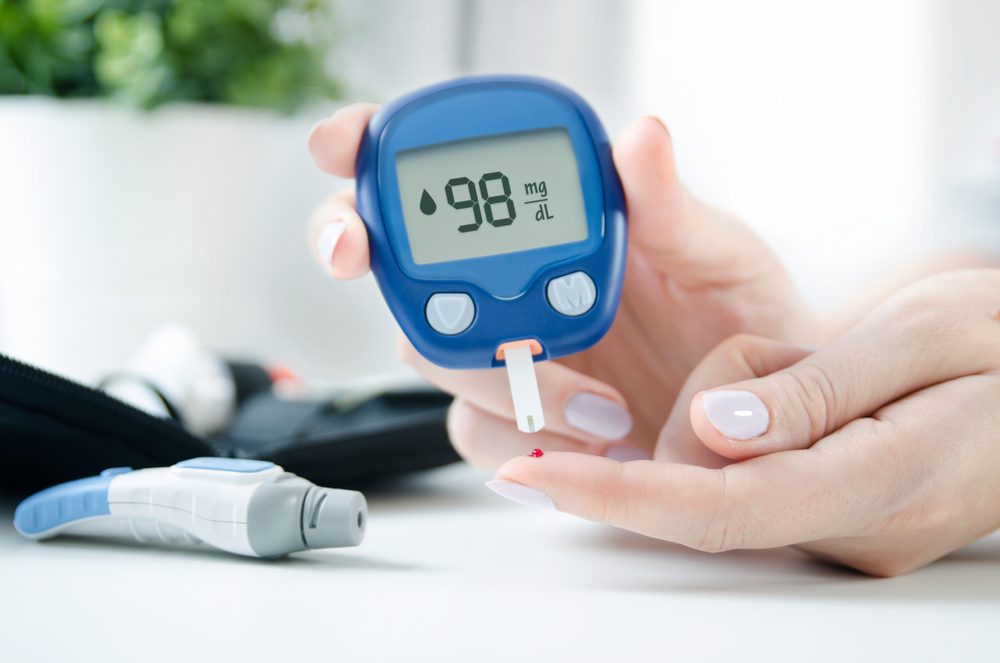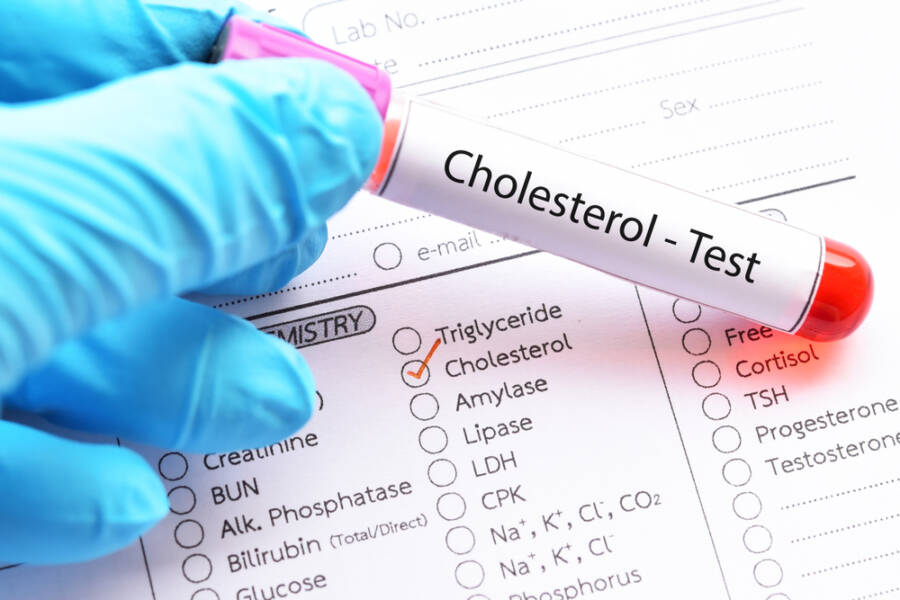Type 2 diabetes (T2D), chronic kidney disease (CKD), and heart disease are known to pose many risk factors. For instance, high blood pressure, high blood sugar, as well as physical inactivity can easily raise your risk of all three conditions.
If you suffer from T2D, you also have a high chance of developing CKD and heart disease. High blood sugar can easily damage blood vessels and nerves in your kidneys and heart, which can ultimately lead to CKD and heart disease.
CKD can also raise your blood pressure, adding to the strain on your heart. Here are a few efficient ways to protect your heart while managing these two conditions.

Familiarizing yourself with the link between diabetes, kidney disease, and heart health
Type 2 diabetes (T2D), chronic kidney disease (CKD), and heart disease are closely intertwined. If you live with diabetes, you are already at a higher risk of developing kidney disease and cardiovascular issues.
This is mainly because high blood sugar levels can damage small blood vessels, as well as the nerves that help your organs function. As time goes by, this damage can ultimately lead to chronic kidney issues, but also strain your heart.
In return, kidney disease can raise blood pressure, which only adds more stress to the heart and circulatory system. All these conditions often overlap and compound one another, but the good news is that there are many effective ways to manage them and reduce the risk of other, more serious complications.
Why blood sugar control is important
Consistently managing your blood sugar is by far one of the most crucial things you have to do to protect both your heart and kidneys. High glucose levels over time can seriously damage blood vessels, which makes them stiffer and narrower.
This also increases the risk of heart attacks and strokes, especially since oxygen can’t reach the heart muscles. Moreover, when your blood sugar is uncontrolled, it generally makes your kidneys work harder, which can also speed up kidney damage.
Managing blood sugar often involves more than just taking medication. It can mean being aware of your diet, staying as active as you can, and knowing how your body responds to different foods and stressors.
Eating enough meals that are balanced with complex carbohydrates, lean protein, fiber, as well as healthy fats can definitely keep your blood sugar stable throughout the day. Constant physical activity helps your body use insulin more effectively, which also lowers blood sugar naturally.
Medications, particularly newer ones such as SGLT2 inhibitors and GLP-1 receptor agonists, have been proven to lower blood sugar, while offering protection for the heart and kidneys.
The hidden danger of high blood pressure
High blood pressure can be both a cause and a consequence of kidney disease. It places your heart at serious risk. Many people who suffer from diabetes or CKD suffer from hypertension too, which definitely puts extra strain on the arteries and the heart. If left untreated, high blood pressure can lead to heart failure, stroke, and other worsening kidney functions.
Steps toward better blood pressure
Lowering your blood pressure starts with much-needed lifestyle changes. Reducing sodium in your diet, staying physically active, effectively managing your weight, and controlling stress all play a crucial role in all of it.
It’s also very important to take the medications prescribed by your doctor, even more so if they belong to the ACE inhibitor or ARB class, because those are known to protect both the heart and kidneys.
The importance of having a targeted diet
Food can be medicine if you apply it properly, especially when it comes to managing chronic illnesses such as diabetes and kidney disease. But when both conditions are present, choosing what to eat can become more of a burden than something enjoyable.
A heart-healthy, kidney-conscious diet helps you tackle your blood sugar, lower your blood pressure, and avoid further damage to your organs. The whole point is to focus on whole, unprocessed foods. Vegetables, fruits, whole grains, and lean proteins are generally quite beneficial.
But people with kidney disease need to be cautious, especially when it comes to potassium, phosphorus, and sodium intake. This means that you need to watch out for foods like bananas, potatoes, dairy products, and processed meats, especially since they can contain hidden salts and minerals that can strain your kidneys even worse.
Working with registered dietitians who truly understand how kidney and diabetes management go hand in hand can be very helpful in developing a personalized meal plan.
Staying physically active
Constant physical activity is by far one of the most efficient and powerful ways to improve your heart health, manage diabetes, and also support kidney function. Exercise can help improve circulation, reduce insulin resistance, lower blood pressure, and also strengthen the heart muscle. It can aid your mental health, help your weight management, and play an indirect yet crucial role in reducing cardiovascular risk.
Naturally, this isn’t to say that you have to run marathons or even spend hours at the gym. Whether it’s walking, swimming, cycling, or doing yoga a couple of times a week, you’re staying active, and that’s what matters.
The secret is to go with something you love and stick to it long-term. Also, make sure you’re always in contact with your healthcare provider, especially if you suffer from advanced kidney disease or complications from diabetes.

Managing your cholesterol for a healthier heart
When you suffer from diabetes and kidney disease, your cholesterol levels might end up being imbalanced. High levels of LDL cholesterol, which is the “bad” one, and triglycerides, mixed with low levels of HDL, might increase the risk of atherosclerosis, which is a condition where plaque slowly builds up in the arteries and reduces blood flow to the heart.
To protect your heart, doctors could recommend a cholesterol-lowering medication, such as a statin. These drugs will help reduce harmful cholesterol levels, but they’ve also been shown to reduce the risk of cardiovascular events. Besides medication, dietary choices like eating healthy fats from fish, nuts, and olive oil can easily support better cholesterol balance.
Monitoring and medical support
Keeping constant appointments with your healthcare team is mandatory when it comes to managing such chronic conditions. Your doctor could perform tests to effectively measure your kidney function, monitor your blood sugar, as well as assess your heart health through blood pressure readings, cholesterol levels, and even ECGs and other imaging if needed. It can also be helpful to work with a team that includes a primary care physician, nephrologist, cardiologist, and endocrinologist.
Managing stress and mental health
Living with diabetes and kidney disease is definitely one of the most overwhelming experiences one can have. Constant monitoring, dietary restrictions, and fears about future issues can lead to anxiety, depression, and burnout.
These emotional stresses will indirectly harm the heart by promoting unhealthy mechanisms like overeating, smoking, and physical inactivity. It’s useful to look for ways to reduce stress levels. If anything, it’s just as important as managing medication and diet.
Recommended techniques imply deep breathing, meditation, or just engaging in a series of hobbies one enjoys doing. All these can successfully lower stress levels.
If you found this article useful, we also recommend checking: Early Stage Cancer: 7 Types That Are Almost Impossible to Detect



















